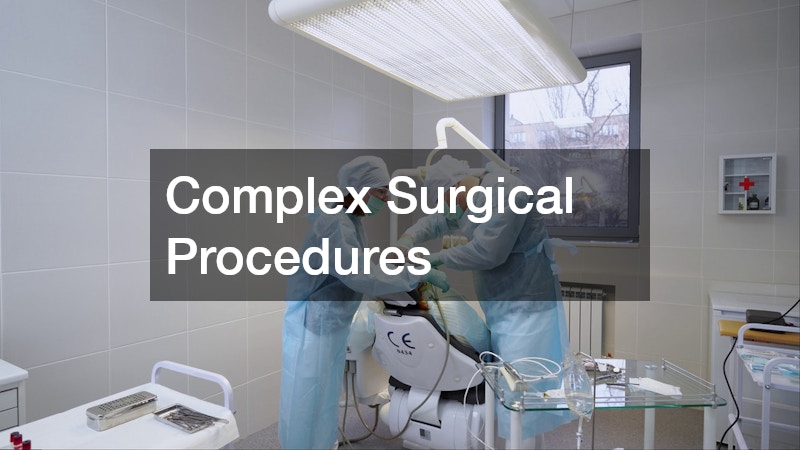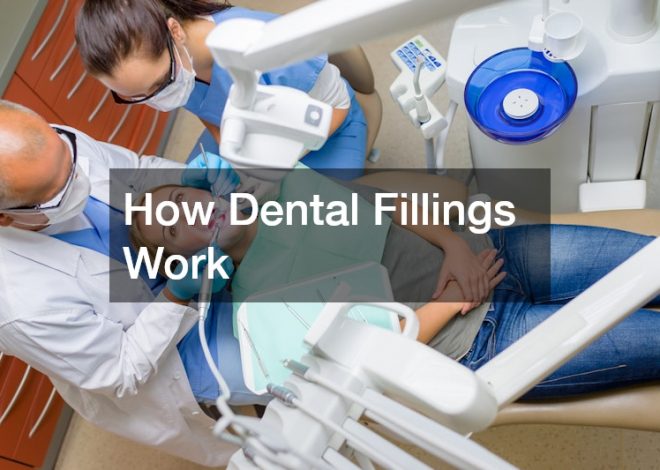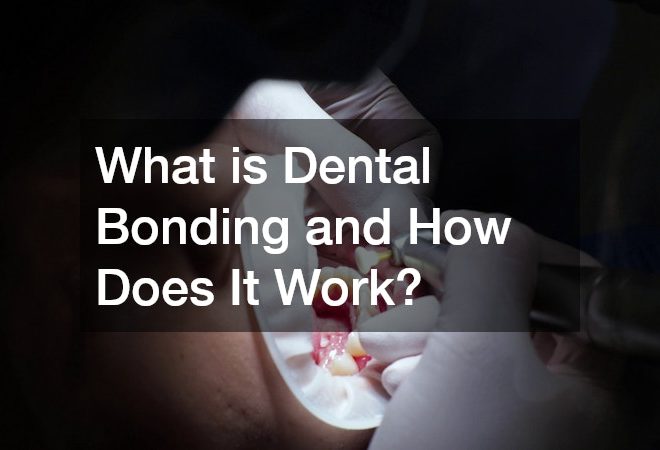
Oral Surgeons vs. Dentists Understanding the Difference

In the realm of dental care, understanding the distinct roles and expertise of oral surgeons and dentists is crucial for making informed choices about personal and family oral health. This article explores the primary differences between these professionals, focusing on their education, expertise, and the procedures they perform. By understanding these differences, patients can better navigate their oral health needs, ensuring they receive the appropriate care for their specific conditions.
Educational Path for Dentists
Dentists typically begin their educational journey with an undergraduate degree, often in a science-related field. Afterward, they attend dental school, where they earn either a Doctor of Dental Surgery (DDS) or a Doctor of Dental Medicine (DMD) degree. Throughout this extensive educational process, dental students learn about oral health, dental anatomy, and procedures necessary to maintain oral hygiene.
The curriculum in dental schools includes both theoretical and practical training, allowing students to develop hands-on skills in a controlled environment. Following four years of dental school, dentists must pass a series of rigorous exams to obtain their licenses. This comprehensive educational foundation equips dentists to perform routine dental procedures and manage a variety of common oral health issues.
Educational Path for Oral Surgeons
After completing dental school, oral surgeons embark on a specialized path that involves additional education and surgical residency. This training typically lasts four to six years and provides in-depth knowledge and experience in the surgical aspects of oral health. Oral surgeons earn either a certificate in oral and maxillofacial surgery or an optional medical degree, further enhancing their expertise.
During their residency, oral surgeons gain extensive practical experience in hospitals and surgical settings, managing complex cases and emergencies. They learn to perform a multitude of surgical procedures, ranging from tooth extractions to corrective jaw surgeries. This rigorous training differentiates oral surgeons from general dentists, as it focuses on more complex conditions that require surgical intervention.
Specialization and Continued Education
Both dentists and oral surgeons prioritize ongoing education and specialization to provide the best care possible. Dentists may attend courses and seminars to gain knowledge about new materials, technologies, and treatments in general dentistry. Oral surgeons, on the other hand, engage in specialized training programs and workshops focused on surgical advancements and techniques.
Advancements in dental technology require both professionals to stay updated with the latest tools and methods. Dentists might specialize in areas like cosmetic dentistry or root canal therapy, enhancing their skills in specific aspects of oral care. Meanwhile, oral surgeons often explore subspecialties such as orthognathic surgery or implantology, broadening their surgical expertise.
Routine Dental Procedures
Dentists are well-equipped to handle a broad spectrum of routine dental procedures aimed at maintaining oral health. Some common procedures include dental cleanings, fillings, crowns, and root canals. Dentists also play a pivotal role in preventive care, educating patients about good oral hygiene practices and early detection of potential problems.
Routine check-ups conducted by dentists help identify issues like cavities, gum disease, or misaligned teeth early. Corrective actions, such as braces or night guards, may be recommended if needed. Such proactive measures prevent the escalation of minor issues into more severe conditions, promoting long-term oral and general health.
Complex Surgical Procedures
Oral surgeons are trained to perform a range of complex surgical procedures that extend beyond the services offered by general dentists. These surgical interventions may include impacted wisdom tooth extractions, dental implants, and corrective jaw surgeries. Oral surgeons can also manage trauma-related injuries and congenital conditions affecting the face and jaw.
In addition to surgical treatments, oral surgeons play a crucial role in diagnosing complex oral health issues. They utilize advanced imaging techniques to evaluate the extent of a problem and plan the most effective surgical approach. This diagnostic expertise ensures comprehensive care for patients with challenging conditions.
Collaborative Procedures
Collaboration between dentists and oral surgeons allows for comprehensive care on cases that require both routine and surgical expertise. Dentists often identify conditions that may benefit from surgical intervention during regular check-ups and work with oral surgeons to plan the appropriate course of action. This teamwork ensures that patients receive a seamless continuum of care, from diagnosis to treatment.
In surgical cases, patients might first visit their dentist for evaluation and referral to an oral surgeon. The combined efforts of both professionals help in managing cases effectively, ensuring thorough treatment. Such collaborative approaches are particularly beneficial for conditions like tooth infections that require surgery or orthodontics that need surgical realignment.
Referrals from Dentists
Dentists frequently refer patients to oral surgeons for conditions that require specialized surgical treatment. This referral process is vital to ensure patients receive high-quality care tailored to their specific needs. Dentists recognize the expertise that oral surgeons bring to complex cases and trust them to handle these situations effectively.
Choosing between an oral surgeon and a dentist involves understanding the complexity of the dental issue and the specific expertise required. By being aware of their educational backgrounds, procedural abilities, and the scenarios in which each should be consulted, patients can make more informed decisions regarding their oral health needs, leading to better outcomes and overall health. Whether for routine care or complex surgery, selecting the right professional can ensure successful treatment and contribute to long-term oral well-being.
.



